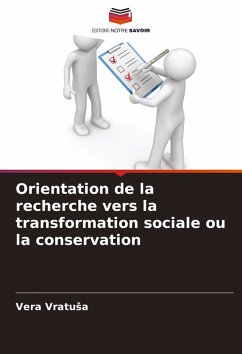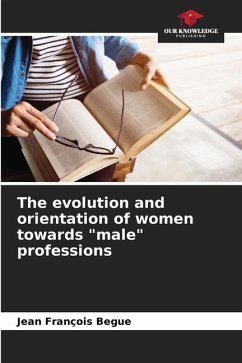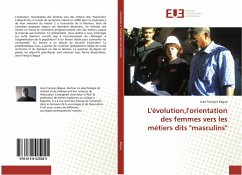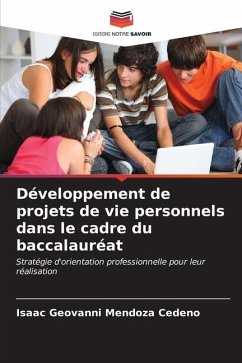
Orientation of research towards social transformation or conservation
Impact of class affiliation and value orientation of researchers on findings of population's value orientation research
Versandkostenfrei!
Versandfertig in 6-10 Tagen
16,99 €
inkl. MwSt.

PAYBACK Punkte
8 °P sammeln!
The first part of the book examines the impacts of the socially structured class position and corresponding interests of researchers on the research main orientation. The focus in this first part is the impact of class affiliation of researchers, "founding fathers of sociology", on the orientation of their research concerning social development, understood as the transformation of prevailing form of social relations of exploitation and domination, on the one hand, or towards the mitigation or the conservation of the social inequality, on the other. The main hypothesis of the study is that in a...
The first part of the book examines the impacts of the socially structured class position and corresponding interests of researchers on the research main orientation. The focus in this first part is the impact of class affiliation of researchers, "founding fathers of sociology", on the orientation of their research concerning social development, understood as the transformation of prevailing form of social relations of exploitation and domination, on the one hand, or towards the mitigation or the conservation of the social inequality, on the other. The main hypothesis of the study is that in all contemporary class divided societies social researchers, as other highly educated professionals, occupy contradictory places and roles in the class division of labor of wage workers performing intellectual work function including reproduction of opposing value orientations and ideologies de/legitimizing social inequality. In the second part, the paper tests the above hypothesis on the example of the case study of the influence of the researchers' value orientations on their findings concerning pro-capitalist or pro-socialist value orientation of population in Serbia after 1989.












